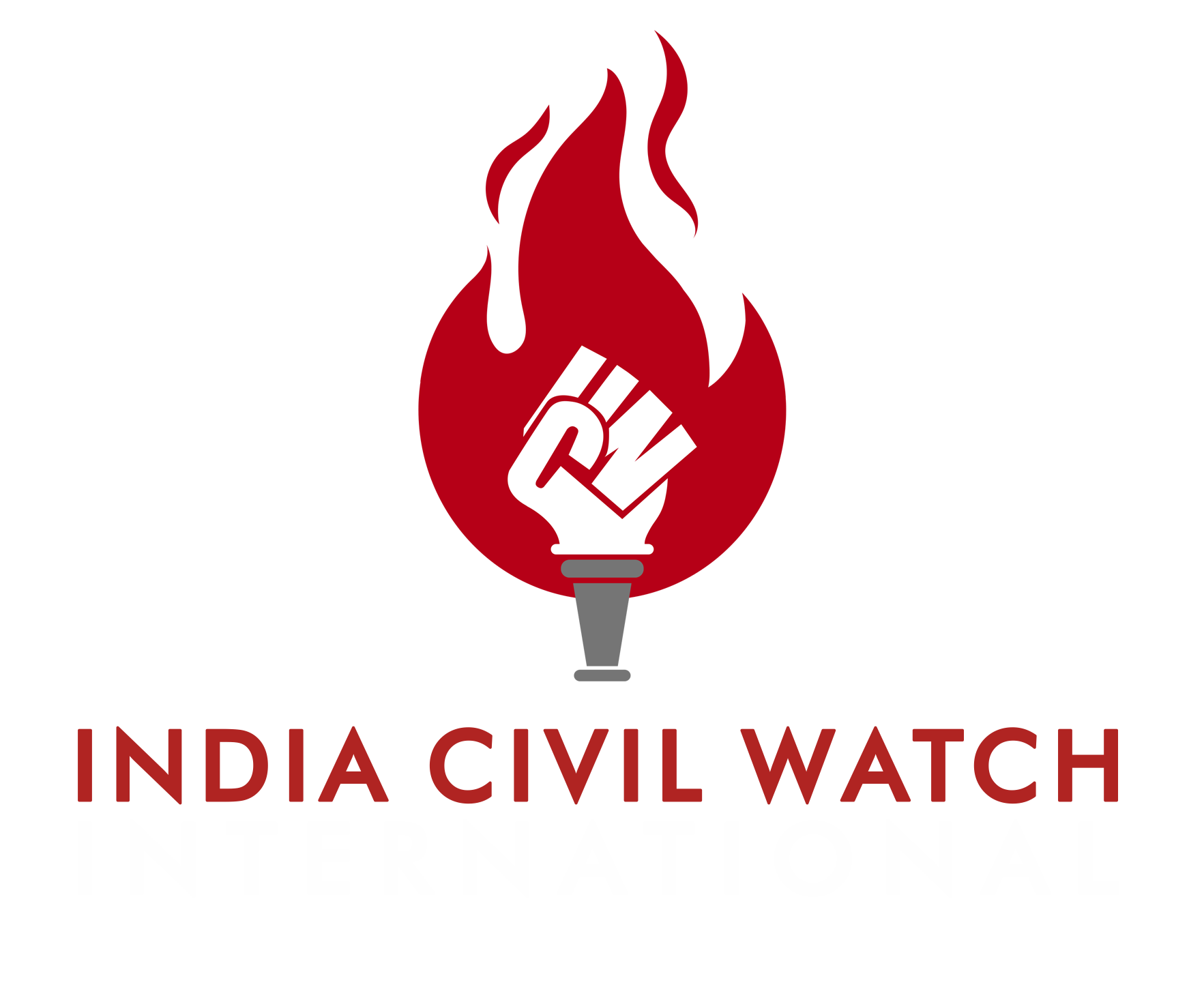India’s draconian ‘Unlawful Activities Prevention Act’ (UAPA) is a piece of security legislation that allows the government to arrest citizens for crimes they might possibly commit in the future. UAPA facilitates the government’s bypassing of various constitutionally guaranteed civil liberties, and fundamental rights and freedoms that protect citizens from abuses of state power.
Why is the UAPA Problematic?
- UAPA criminalizes the holding of particular opinions, or even the mere possession of literature that might possibly cause others (one’s friends/ members of a group/ one’s students/ one’s readers/ one’s community) to have thoughts that are in disagreement with the state, i.e. cause “disaffection” with the state. In other words, crimes are no longer understood as acts of commission or omission but as thoughts that might influence others’ thoughts. UAPA also criminalizes various forms of non-violent political activity, including political protest.
UAPA’s definition of “terrorist activity” is so broad as to be vague and concerns activities that are legitimate and essential forany people’s rights activist. UAPA is thus an assault on citizens’ rights to expression, assemblyand association which are guaranteed under Article 19 of the Indian constitution. It is also important to note that freedom of expression is not an individual right but a collective right of groups, unions and political parties to disseminate their views and mobilize people. UAPA specifically targets this right.
- UAPA can and has been used to bypass fundamental legal rights and procedures such as the presumption of innocence, provision of bail or anticipatory bail, protection from warrantless search, seizure and arrest of individuals, time limits on detention by the police, requirements that the state must file a charge sheet, etc. (those arrested under the auspices of the UAPA can be incarcerated
upto to 180 days without achargesheet being filed). UAPA thus directly violates Article 21 of the Indian Constitutionwhich guarantees an individual’s right to life and liberty.
- UAPA confers broad discretionary powers on the government and authorizes the creation of special courts with the ability to use secret witnesses and to hold closed-door hearings. UAPA was amended in 2008 and 2012 making it more repressive and
regressive, and remains India’s foremost “anti-terror” law. It has inspired other state-level laws such as the Jammu and Kashmir Public Safety Act, 1978; Andhra Pradesh Public Security Act, 1992; Maharashtra Control of Organised Crime Act, 1999; and the Chhattisgarh Special Public Security Act, 2005. These local laws are sometimes evenmore draconian than the UAPA and are used by the state prosecution agencies in addition to the UAPA. The CSPSA, for example, prohibits the media from reporting on any activities that can be seen as ‘unlawful’ activities, which in effect bans the public’s knowledge of the government’s decisions and its ability to debate them.
Accounts by those incarcerated under UAPA reveal that neglect, mistreatment
Those arrested under the UAPA are writers, poets, teachers, lawyers, activists, trade unionists, physicians, and ordinary citizens, targeted for defending the rights of India’s beleaguered minority communities, such as Muslims, Dalits and Adivasis (India’s indigenous communities), and for voicing public concern about state repression, including extra-judicial killings. In effect, UAPA operates by criminalizing the very performance of civil liberties activities.
Civil liberties and Democratic rights organizations in India such as the People’s Union of Civil Liberties (PUCL), People’s Union of Democratic Rights (PUDR), etc. have documented the excesses of UAPA and have called for repealing the law.
International human rights organizations such as Amnesty International have argued that UAPA violates international human rights treaties and have raised alarm bells over its “sweeping definitions of ‘membership’ of organizations”, specifically referring to the 2012 amendment to UAPA’s Section 2 which criminalises the right to form associations by expanding the definition of person to include “an association of persons or body of individuals, whether incorporated or not”. Human Rights Watch has issued multiple reports about the politically motivated use of UAPA and its use to crackdown on dissent.
Further Information:
- “India’s Unforgivable Laws” Economic and Political Weekly
- Fifty Years of Unreasonable Restrictions Under the Unlawful Activities Act The Wire magazine, March 2017.
- Colonial Continuities: Human Rights, Terrorism, and Security Laws in India – A Report by members of the Committee on International Human Rights of the Association of the Bar of the City of New York.
- WATCH: Lawyer Rebecca John Breaks Down How The UAPA Can Criminalise Peaceful Dissent
- Misuse of the Unlawful Activities (Prevention)
Act The Economic and Political Weekly, March 2017. - Saibaba conviction: How a draconian law has turned mere thought into crime Scroll.in
- Through the lens of National Security – Report by the People’s Union of Democratic Rights, 2008.
- The Terror of Law: UAPA and the Myth of National Security – Report by Coordination of Democratic Rights Organization, April 2012.
- Back to the Future: India’s new Counterterrorism Laws Report by Human Rights Watch, 2008.
- https://www.thequint.com/explainers/uapa-provisions-terrorist-organisation-membership-activists – examines various aspects of UAPA
- https://www.indiatoday.in/magazine/up-front/story/20180917-why-the-uapa-must-go-1333213-2018-09-07 – “The point of these extraordinary laws is not to punish the terrorist, the
seditionist , the goonda; it is to keep the whistleblower, the dissenter, the inconvenient in jail for as long as the trial lasts.” - https://www.youtube.com/watch?v=yX9qFbxuwd4 – we could focus on detention and delay of bail; go to specific parts of the
8 minute interview. - Terrorized by Law,Indian Express: https://indianexpress.com/article/opinion/columns/unlawful-activities-prevention-act-arrests-sedition-supreme-court-5361305/“The Unlawful Activities Prevention Act 1967, was enacted by Parliament in 1967, as sections 123 and 124 of the Indian Penal Code were thought to be inadequate to control organised crime and acts of terrorism. Oddly enough, these provisions were considered adequate by the British colonial government to quell anti-state forces! Today several human rights activists, communist thinkers, poets and Dalit voices are being detained under this Act. Even the reading of a translation by Bertolt Brecht, the famous German playwright, is being called an act of inciting sedition.”
